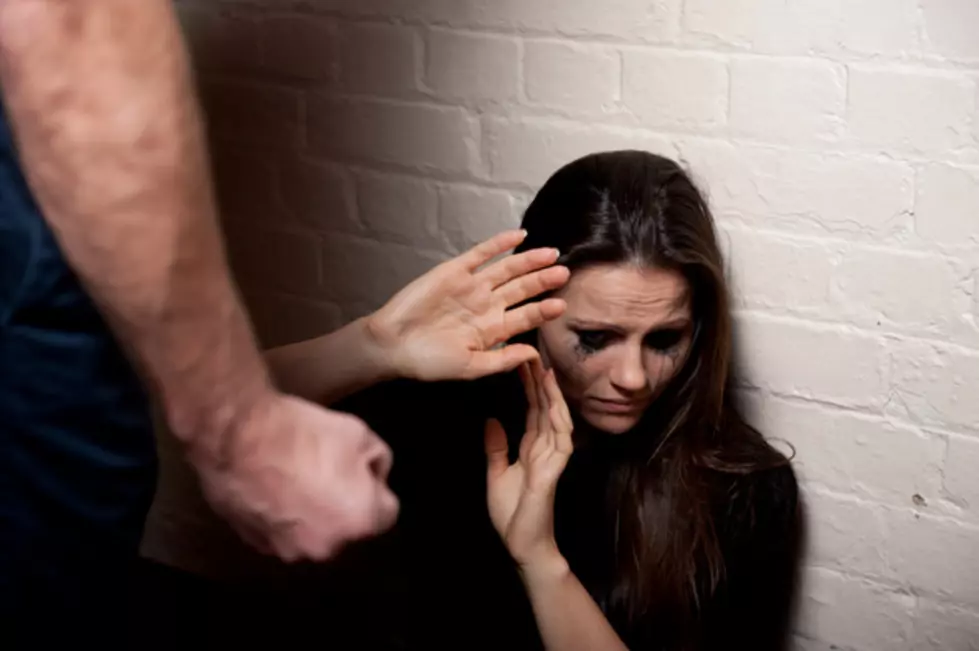
Domestic violence in NJ has increased because of COVID
Domestic violence has always been a problem in New Jersey, but the COVID pandemic has made it even worse.
According to Nicole Morella, the director of policy and education for the New Jersey Coalition to End Domestic Violence, overall requests for help from survivors reaching out to county hotlines and crisis centers in the state have increased at least 20% since the start of the pandemic, but during the final months of 2020 they shot up to 70%.
She said because of the increased isolation brought on by the health emergency, “we found that survivors were, unfortunately, having to stay in these situations much longer, and without a lot of access outside of the relationships to find out about resources.”
She said “the isolation absolutely limited the possibility survivors had of communicating outside the relationship, even physically leaving their space.”
Morella said this forced togetherness, in some instances, escalated domestic violence incidents “and in some cases actually elevated the types of abuse, the control, the violence.”
She said as the level of domestic violence increased so too did the needs of survivors, for things like “housing and access to technology, transportation, in addition to counseling and elevated need for mental health support.”
Morella said when survivors have called for help in the past, depending on their particular situations, they were always advised to call 911, go to a shelter or get a restraining order, but there is now greater awareness about survivors who risk eviction, lack access to transportation or have children with special needs.
She pointed out domestic violence perpetrators are not always men and can occur in same-sex relationships, too.
“We see that approximately 1 in 4 women will experience domestic violence by an intimate partner, and 1 in 7 men will experience domestic violence,” she said.
Every1 KnowsSome1 campaign has highlighted that we all have a role to play in preventing and responding to domestic violence, and the Coalition is conducting a survivor needs assessment to better serve the community. More information about how to participate is here.
She said if someone is experiencing or causing harm, or is aware of a domestic violence situation, they can reach out 24/7 to the helpline, 1-800-572-SAFE or go to the website, njcedv.org.
You can contact reporter David Matthau at David.Matthau@townsquaremedia.com.
Red flags for someone who claims to be from New Jersey
The 10 Most Stolen Vehicles In New Jersey
More From New Jersey 101.5 FM









